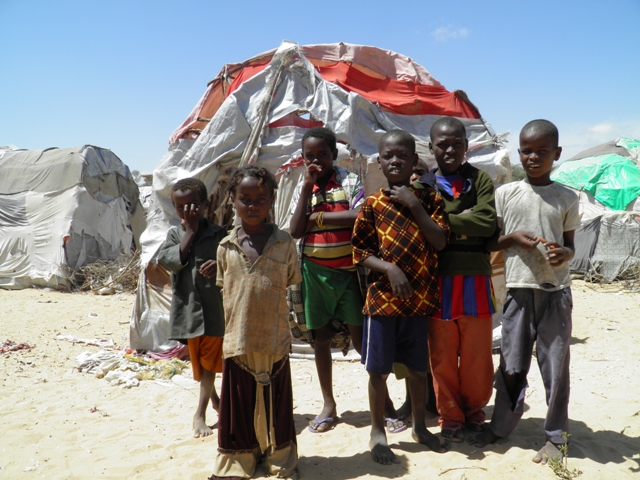
Children in Somaliland suffer a significant burden of health conditions — particularly congenital deformities and wound-related conditions — that could be bettered by surgery, but most of these needs are being unmet, according to a study by Baylor University and Duke University published in the Journal of the American Medical Association.
The need is especially pronounced in rural areas of Somaliland, a country in the Horn of Africa with a population of more than 3.5 million residents, most of whom live more than two hours from a surgeon and as far away as 24 hours. The problem is magnified by the fact that the country is predominantly low-income, said lead researcher Emily R. Smith, Ph.D., assistant professor of epidemiology in Baylor’s Robbins College of Health and Human Sciences and adjunct assistant professor of global health at the Duke University Global Health Institute.
“With one of the highest infant mortality rates in the world in Somaliland, it is essential to accurately identify the burden of surgical conditions in the population, particularly among the vulnerable population of children,” Smith said. “A parent’s love for a child, particularly when that child is sick, is the same regardless of what part of the world you live in.” The investigation — “Prevalence of Pediatric Surgical Conditions Across Somaliland” — was done in collaboration with the Global Initiative for Children’s Surgery, a network of children’s surgical and anesthesia providers from low-, middle- and high-income countries, with additional researchers from Duke University’s Duke Global Health Institute.
The findings highlight the need for expanding access to surgery for children in need, as well as screening and prevention programs, Smith said. Recent estimates are that some 5 billion people, predominantly in low- and middle-income countries, lack access to safe and affordable surgery. Surgical conditions contribute to nearly a third of the global disease burden, but little priority has been given to addressing gaps in surgical care for children, researchers noted.
Mortality rates of infants and children younger than 5 in Somaliland are more than twice as high as overall mortality rates in sub-Saharan Africa, and Somaliland is classified as the fourth poorest country in the world by the World Bank. Although Somaliland is not recognized by the United Nations as a separate country, Somaliland declared itself independent after the overthrow of a dictator in 1991 and remains an autonomous region of Somalia.
For the study, a team of Somali data collectors, led by a Duke graduate student, collected data from 871 households throughout the country using the Surgeons OverSeas Assessment of Surgical Needs survey. Participants were 1,503 children aged from infancy to 15 years. The survey included a section on household demographics, deaths and poverty, as well as a section about children’s history of surgical conditions.





